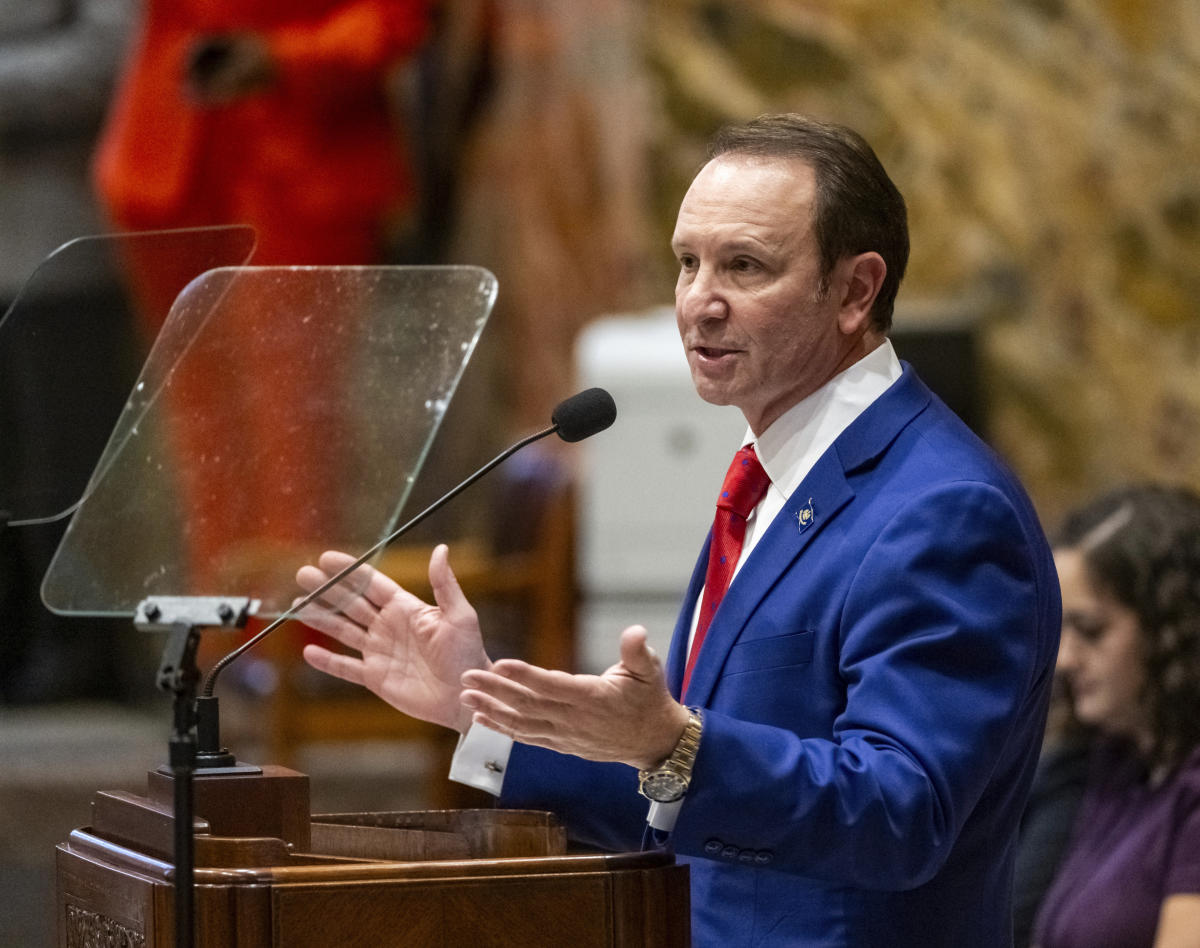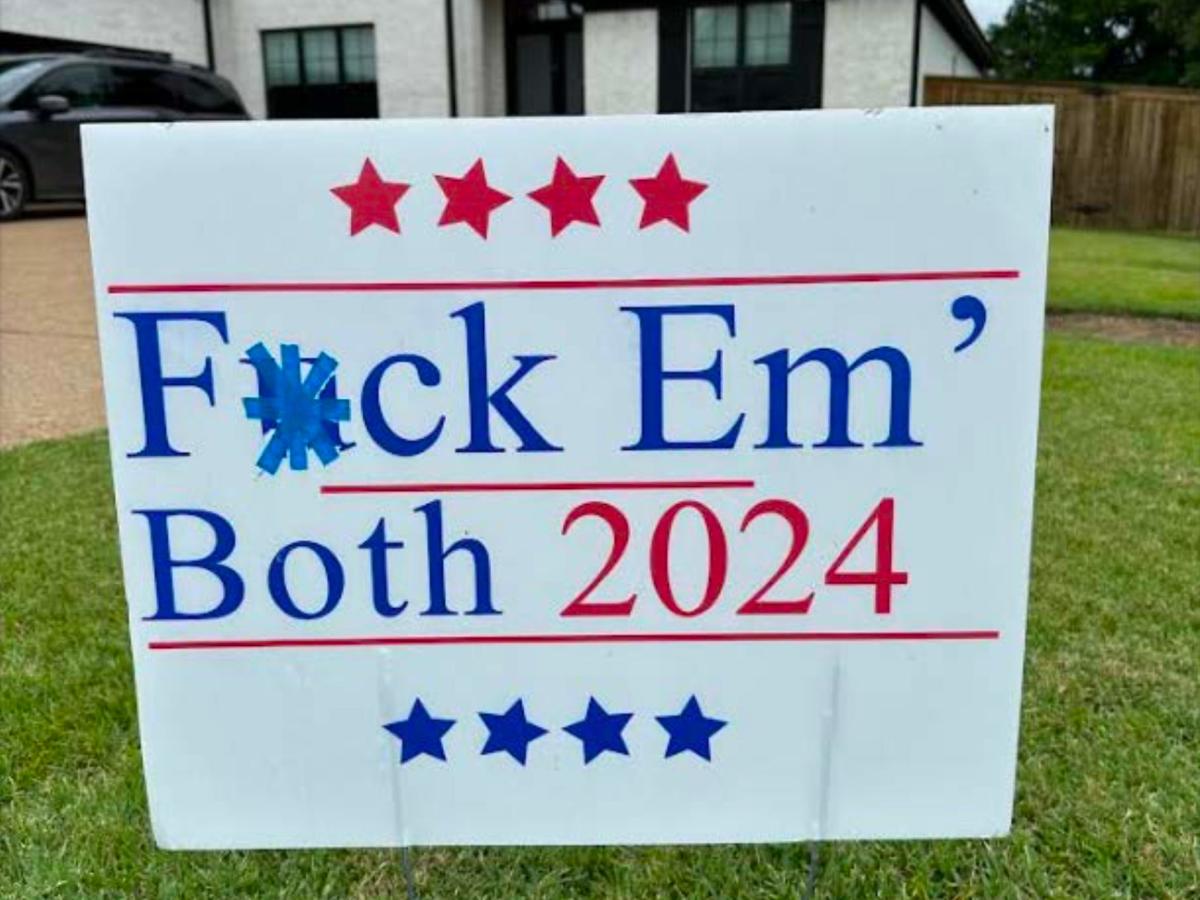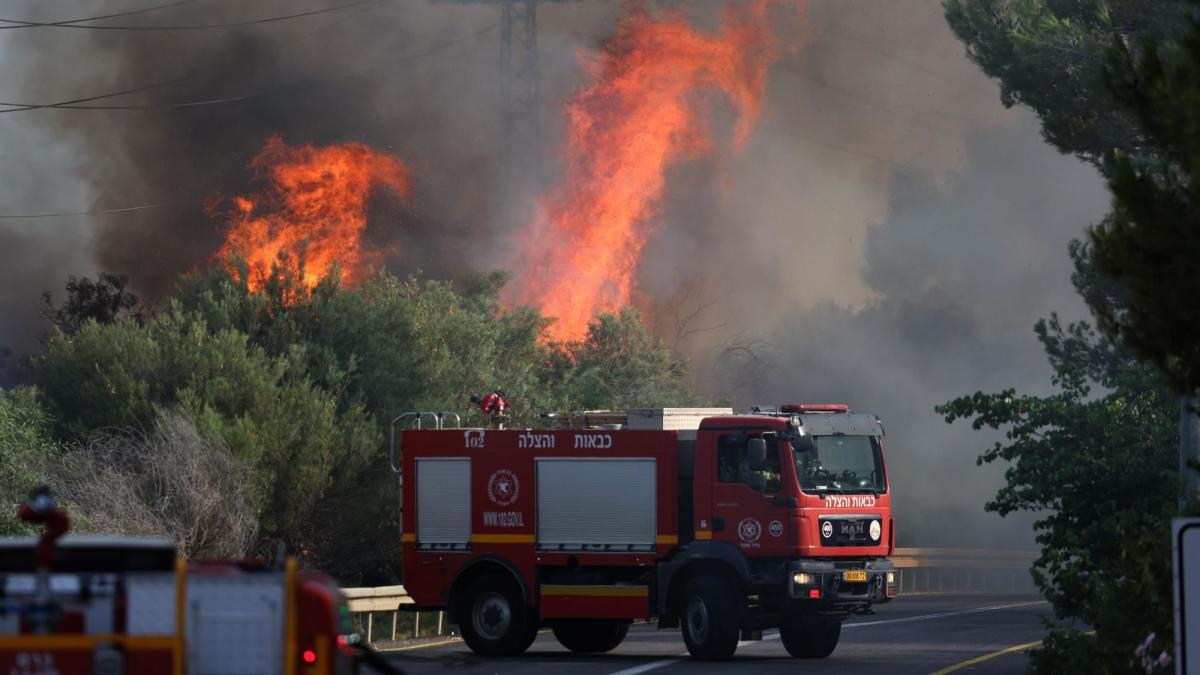A new Louisiana law that makes it a crime to approach a police officer within 25 feet under certain circumstances is an affront to the movement for racial justice and violates the First Amendment, civil rights attorneys say.
Critics have said the law — signed this week by Republican Gov. Jeff Landry — could hamper the public’s ability to film officers. Bystander cell phone videos are largely credited with revealing police misconduct, such as the 2020 killing of George Floyd by a white Minneapolis police officer.
“If you pass a law that prevents people from seeing for themselves whether injustice is being done, that’s the biggest thing you can ever do to civil rights,” said Shean Williams, an attorney with The Cochran Firm in Atlanta.
Williams said images of police attacking protesters during the civil rights movement played an important role in the movement’s success in advancing racial justice.
Supporters argue that the new law will create a buffer zone to help ensure officer safety and that bystanders will still be close enough to film police interactions. Government of Florida Ron DeSantisalso a Republican, signed a similar measure in April, saying it would ensure law enforcement in his state can “do their jobs without the threat of intimidation.”
In a statement at the time, DeSantis distinguished “blue states” and said Florida would remain “the friendliest state in the country to our law enforcement community.”
The author of the Louisiana measure, state Rep. Bryan Fontenot, said the legislation was designed to provide officers “peace of mind and safe distance to do their jobs.”
“At 20 feet away, that person can’t spit in my face when I make an arrest,” Fontenot said when he presented his bill in a committee earlier this year. “The chance of him hitting me in the back of the head with a beer bottle at a height of 7 meters is definitely a lot more difficult than if he were sitting here.”
But advocates say states including Florida and Louisiana already have laws that criminalize attempts to obstruct police.
“The key in every other state is, ‘Are you disrupting the officer’s behavior? ” said Gerry Weber, a constitutional law expert in Atlanta who has represented numerous people in lawsuits over filming police misconduct. “One of the problems with Louisiana law is that it creates a presumption that someone is interfering if they are within 25 feet and they have been given a warning.”
Weber helped reach a settlement more than a decade ago that required the Atlanta Police Department to stop interfering with people who register officers performing their duties in public.
At least one other state has created a law similar to those in Louisiana and Florida. In 2022, Arizona made it illegal to knowingly film a police officer from 8 feet or closer if the officer told the person to stop.
U.S. District Judge John J. Tuchi in Phoenix last year blocked enforcement of that statute, saying it “prohibits or chills a significant amount of First Amendment-protected activity and is not necessary to prevent interference with police officers, given the other laws in Arizona that are in effect.”
Louisiana law does not specifically mention filming. It prohibits “knowingly or intentionally” approaching an officer who is “lawfully engaged in the performance of his official duties” after being instructed to “cease approach or withdraw.” Violators face a $500 fine, up to 60 days in jail, or both. It will come into effect on August 1.
But even without an explicit reference to filming, First Amendment concerns remain, said Susan Meyers, senior attorney at the Southern Poverty Law Center.
Courts have made clear that people have the right to observe and film police officers doing their job in public, she said.
“What do they say? How do they behave?” she said. “There are, in fact, very few ways for the public to hold these officials accountable for their actions.”
Alanah Odoms, executive director of the ACLU of Louisiana, said she experienced the importance of filming police firsthand last year when she and some colleagues were stopped by an officer who said he suspected the vehicle they were in were stolen.
The car was not stolen, and Odoms, who has denounced Louisiana’s new law, said she believes the justification was a pretext. On a dark, deserted road, she said filming the encounter gave her comfort.
“I’m probably within 8 to 10 feet of the officer and then two or three feet,” she recalled. “I couldn’t do any of that.”







